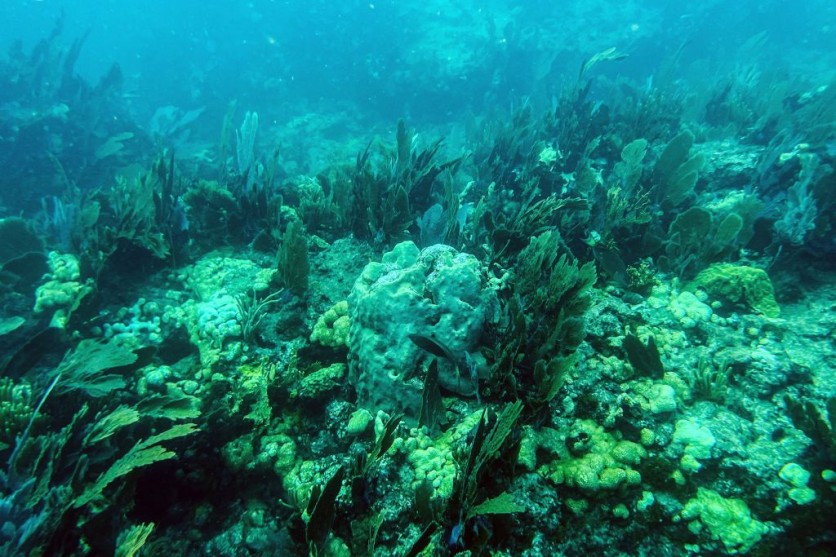In a study published in Frontiers in Science, scientists unveiled the KMAP Global Ocean Gene Catalog 1.0, the most extensive and comprehensive database of marine microbes to date.
This massive catalog contains over 317 million gene groups from marine organisms around the world, representing a significant advance in our understanding of the ocean's biodiversity, biological functions, and impact on climate and human lives.

Keeping Track of Ocean Microbes
Lead author Elisa Laiolo, from the King Abdullah University of Science and Technology (KAUST) in Saudi Arabia, emphasized the catalog's focus on marine microbes, stating, "The catalog focuses on marine microbes, which greatly impact human lives through their influence on the ocean's health and the Earth's climate."
One of the challenges scientists faced in mapping marine biodiversity was the inability to study most marine organisms in a laboratory setting. However, advancements in DNA sequencing technologies have overcome this hurdle by enabling the identification of organisms directly from ocean water and sediments.
Laiolo explained, "The first is the enormous increase in speed, and decrease in cost, of DNA sequencing technologies. This has allowed researchers to sequence all the genetic material in thousands of ocean samples."
The study also utilized massive computational power and artificial intelligence technologies, thanks to the KAUST Metagenomic Analysis Platform (KMAP), to process and analyze millions of sequences efficiently.
Read Also : NASA's Top Climatologist Reveals 2023 Record-Shattering Temperatures Caused by 'Mysterious' Processes
Uncovering Millions of Gene Groups
The research team scanned DNA sequences from 2,102 ocean samples at different depths and locations worldwide. The result was a staggering 317.5 million gene groups, with more than half classified by organism type and gene function.
This comprehensive catalog provides unprecedented insights into the distribution and functions of marine microbes in diverse ocean ecosystems.
"The achievement underscores the critical importance of open science," emphasized Prof Carlos Duarte, the study's senior author. He highlighted the collaborative efforts that made the catalog possible, including global sailing expeditions and sharing samples' DNA in the open-access European Nucleotide Archive.
Already, the catalog has revealed intriguing details about microbial activity in the water column versus the ocean floor, as well as the surprising prevalence of fungi in the 'twilight' mesopelagic zone.
These findings contribute to our understanding of how microbes shape ecosystems, influence ocean health, and impact climate dynamics.
Moreover, the catalog serves as a baseline for monitoring the effects of human-induced stressors, such as pollution and global warming, on marine life.
It also opens up avenues for scientific and industrial applications, with researchers exploring the genetic material for potential contributions to drug development, energy solutions, and agriculture.
The KMAP Ocean Gene Catalog 1.0 represents the first step in developing a global ocean genome atlas, documenting every gene from every marine species worldwide.
Laiolo stressed the ongoing need for ocean sampling, especially in under-studied areas like the deep sea and ocean floor, acknowledging that the dynamic nature of the ocean requires continuous updates to the catalog.
Stay posted here at Tech Times.
Related Article : China Establishes Antarctic Outpost to Study Earth's Largest Marine Protected Area

ⓒ 2026 TECHTIMES.com All rights reserved. Do not reproduce without permission.




